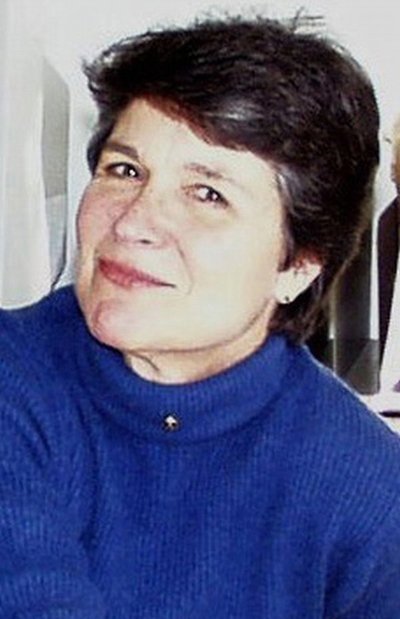February 16, 2006
Eggers elected to National Academy of Engineering
Susan Eggers, a professor in the UW’s Department of Computer Science & Engineering and co-inventor of a revolutionary computer processing technology that changed commercial industry standards, has been elected to the National Academy of Engineering.
She is one of 76 new members and nine foreign associates announced by the academy this month, and is among six active UW faculty who are academy members. In electing her, the academy cited her “contributions to the design and evaluation of advanced processor architectures.”
“This is among the highest of professional honors that an engineer can receive,” said David Notkin, UW CSE chair. “This recognizes Susan as not just a great researcher and teacher, but as a pioneer in the field.”
Eggers, Microsoft Professor of Computer Science & Engineering, achieved what colleagues say is perhaps her greatest accomplishment to date when she teamed up with fellow UW professor Hank Levy and a group of students to invent “simultaneous multithreading” — a way to make more efficient use of a chip’s computing power, boosting computer speeds by as much as 400 percent.
The research has influenced almost all recent microprocessors.
Eggers joined the UW in 1989, after following what she describes as a non-traditional career path. She earned a bachelor’s degree in economics in 1965 from Connecticut College. She worked various jobs, including a stint at Yale University as part of a research team that developed the first automated medical record system that captured medical semantics, and later at Lawrence Berkeley National Laboratory doing computer science research in database management. In 1983, she entered the graduate computer science program at the University of California, Berkeley, graduating with her doctorate in 1989.
The National Academy of Engineering operates under the charter, signed in 1863 by Abraham Lincoln, which established the National Academy of Sciences. According to the academy, membership honors those who have made “important contributions to engineering theory and practice” and those who have demonstrated “unusual accomplishment in the pioneering of new and developing fields of technology.”



